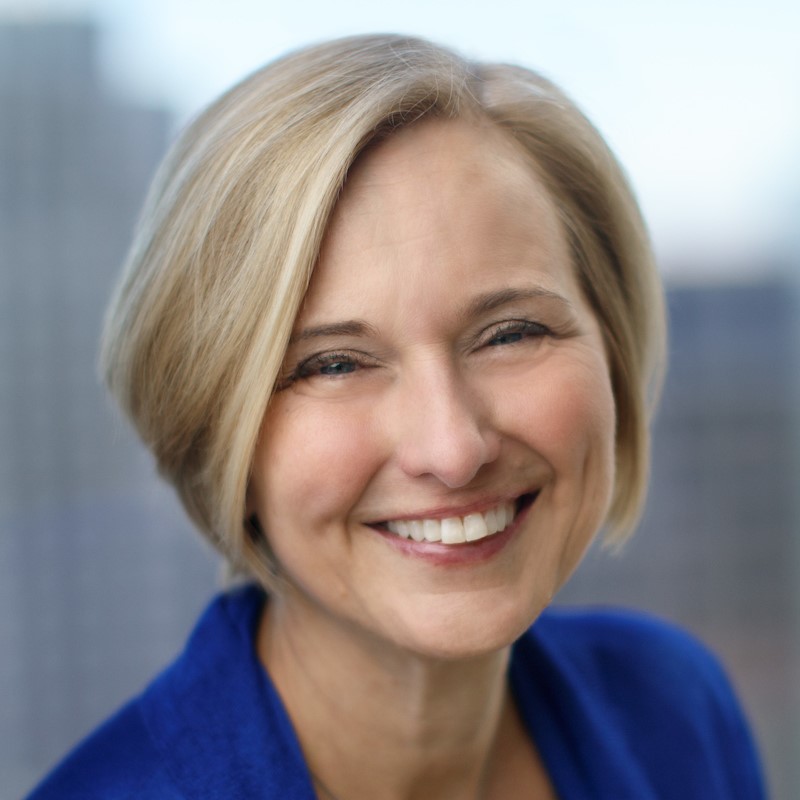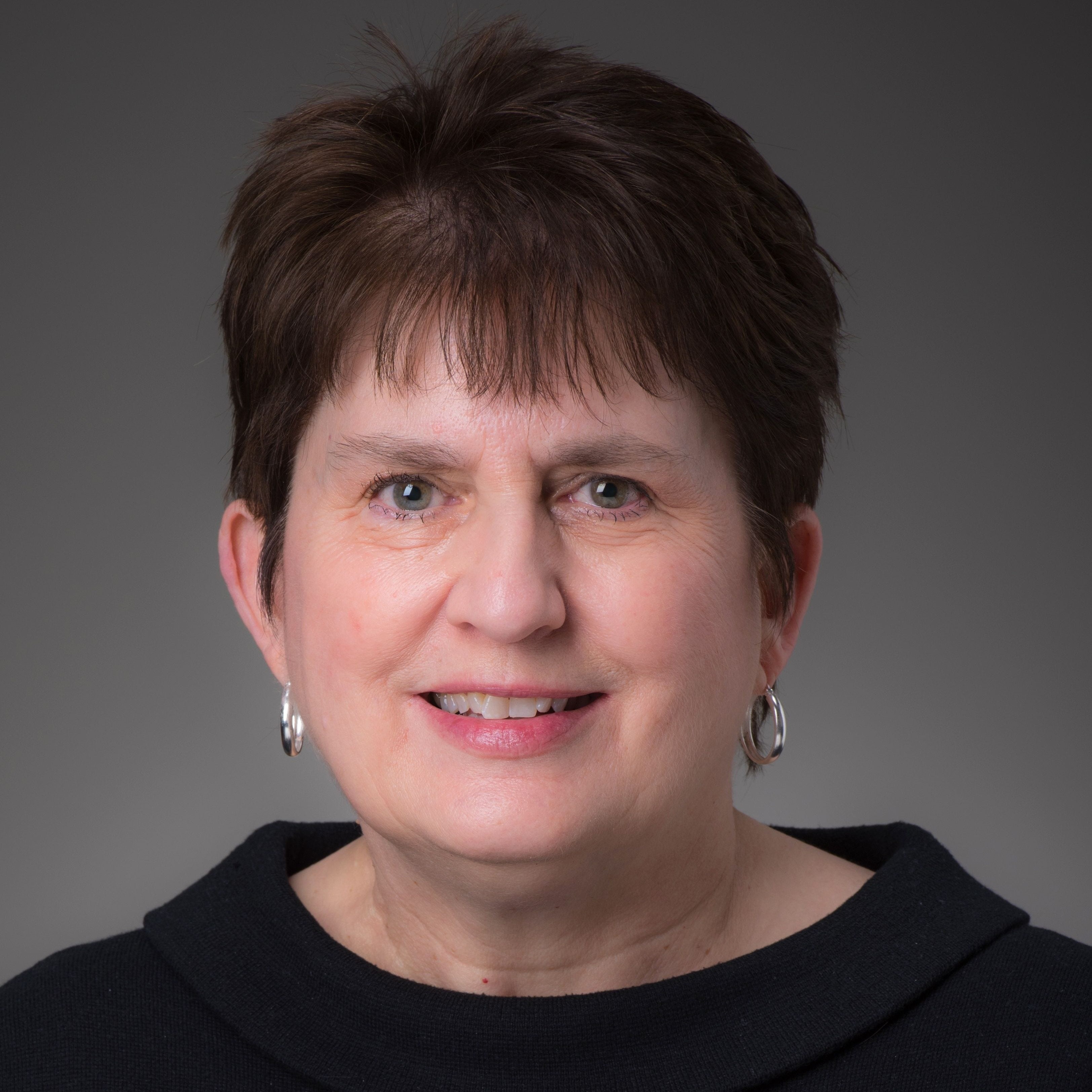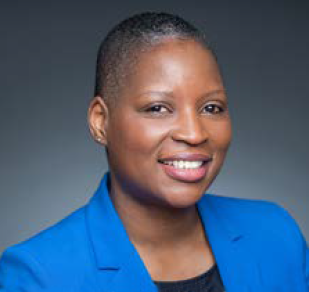
- This event has passed.
Supporting Children and Families in the First Three Years

During the inaugural session of our Funder-to-Funder Conversation series, Janet Froetscher, President of the J.B. and M.K. Pritzker Family Foundation, shared highlights from the growing body of science pointing to the impact of the prenatal-to-age-3 time period on a child’s learning and healthy development. In doing so, she highlighted new research that links adversity in the early years with chronic illnesses later in life. Responding to that science, the Pritzker Children’s Initiative has set an ambitious goal of ensuring an additional 1 million low-income infants and toddlers are being served by high-quality programs by 2023.
Froetscher provided an overview of the Foundation’s theory of change before detailing several of its key strategies:
- Supporting progress in almost 20 early adopter states through three-year commitments to support collaboratives that engage local funders, advocates and public entities;
- Building the capacity of states and communities to increase access to high-quality infant and toddler services in partnership with the BUILD Initiative and other national organizations;
- Spurring innovation and investing in statewide scaling of promising programs such as All Our Kin, Family Connects, Help Me Grow and others; and
- Creating momentum by building and sustaining partnerships with approximately 30 national organizations to increase awareness of the importance of the prenatal-to-age-3 time period.
Froetscher explained that state and local funders are already leading efforts in the Foundation’s state strategy with the Pritzker Family Foundation providing additional funding and supporting learning collaboratives in each state. She also lifted up a number of opportunities for increased alignment and collaboration:
- National Collaborative for Infants and Toddlers is powered by the BUILD Initiative to compile and share the tools being created in states and communities with others seeking to better support young children and their families.
- Prenatal-to-3 Policy Impact Center at the University of Texas in Austin serves as a research and policy hub for state legislators, advocates and funders seeking to understand, identify and promote the best policies, programs and practices to support infants and toddlers.
- Home Grown is a collaborative of 10 national and local foundations that are seeking to ensure that informal, home-based child care — the type of care used by a majority of low-income families — is high quality and that home-based providers have access to tools and resources.
Froetscher was joined in conversation by three state and local funders who are advancing efforts to support children and families in the first three years:
- Elisabeth Buck, President of United Way of Central Iowa, working in Des Moines and surrounding areas;
- Marica Cox Mitchell, Director of Early Learning at the Bainum Family Foundation, working in Washington, DC; and
- Anne C. Kubisch, President of The Ford Family Foundation, working statewide in Oregon.
These state and local funders discussed where they saw alignment between their efforts and the strategies described by Froetscher. They also explored where there might be opportunities for deeper collaboration.
Buck shared her appreciation of the investments the Pritzker Family Foundation is making in state-level systems change as that paves the way to more success at the local level. Like the Pritzker Family Foundation, United Way of Central Iowa is investing in efforts to respond to adverse childhood experiences (ACES) and to support home-based child care providers.
Cox Mitchell noted several similarities between the work of the Bainum Family Foundation and the Pritzker Family Foundation. Recognizing that addressing the existing gaps supporting the prenatal-to-age-3 population is complicated and complex, Bainum uses a multidimensional approach that addresses research, policy and practice. Bainum also pays close attention to equity and engages organizations based in the communities that it serves in conversation about the work to ensure it is resident- and community-driven.
Kubisch described The Ford Family Foundation’s 20-year investment in universal parent education, an effort that has been scaled across three Oregon counties reaching more than 50,000 parents. She also explained how her team is tailoring strategies like home visiting and high-quality early learning to be effective in rural communities across the state. In addition, The Ford Family Foundation is responding to the science related to ACES by deepening its efforts to support children’s mental health, including early screening and workforce strategies.
All four philanthropic leaders discussed the opportunities for and potential benefits of increased collaboration. National funders can support communities of practice and invest in scaling of effective strategies and approaches so that state and local efforts can build on each other rather than re-creating the wheel. They noted that all of their foundations face the challenges posed by the segmentation of the health, mental health and early learning systems, suggesting that state, local and national funders could collaborate to advocate for a more coherent system, leveraging both national and local advocates. They acknowledged that the COVID-19 pandemic has shone a light on weaknesses in the systems serving young children and their families and that local, state and national funders could work together to support a more equitable recovery.






